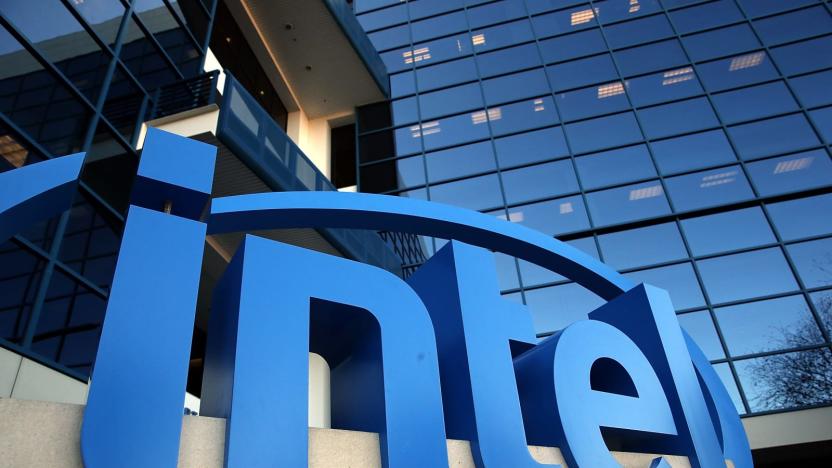ApolloLake
Latest

Intel's budget Apollo Lake CPUs make a low-key debut
On top of its fast, 4K-hungry seventh generation Core CPUs, Intel has also unveiled its next batch of chips meant for low-end hardware -- though, for some reason, it did so very quietly. Anandtech has the details on the new "Apollo Lake" CPUs, which are built on a 14 nanometer process and will replace the last batch of Celeron and Pentium processors. While you'll typically find Intel's Core CPUs in mid-range and high-end devices, the Apollo Lake chips show up in budget notebooks, desktops and other devices that don't demand much computing performance.

Intel's 7th generation of Core CPUs are coming later this year
Besides its $1,723 10-core Core i7 Extreme Edition processor, Intel just teased some other chip news during its keynote presentation at Computex. There aren't many details available, but the company confirmed the the seventh generation of its Core CPU technology will go on sale later this year. They will be joined by its Apollo Lake chips, which are a cheaper version of the current sixth-gen Skylake family. Apollo Lake should bring 4K video capability and USB-C to cheaper, 2-in-1 laptop/tablet style devices with smaller batteries. As far as the seventh generation of Core CPUs, buyers can expect support for Thunderbolt 3, and IR cameras used for features like Windows Hello's facial recognition.

Intel's Apollo Lake chips promise slimmer, beefier budget PCs
Intel's Atom-based processors have gotten much better at delivering a lot of bang for the buck, but there's still little doubt that you're using a low-cost system. PCs like HP's Stream series still tend to be thick, carry a meager amount of RAM and rule out intensive tasks like 4K video. You might not have to make quite so many sacrifices going forward, though: Intel has offered a peek at Apollo Lake, a next-generation system-on-a-chip that promises to inject some life into the budget category. It's not only more compact, but efficient enough that PC makers can afford to slim things down without as many compromises -- they can use smaller batteries without hurting battery life, for instance. The more inclusive design (should also save several dollars (around $5-7) in parts that can be rolled into more RAM, better displays and similar upgrades.


